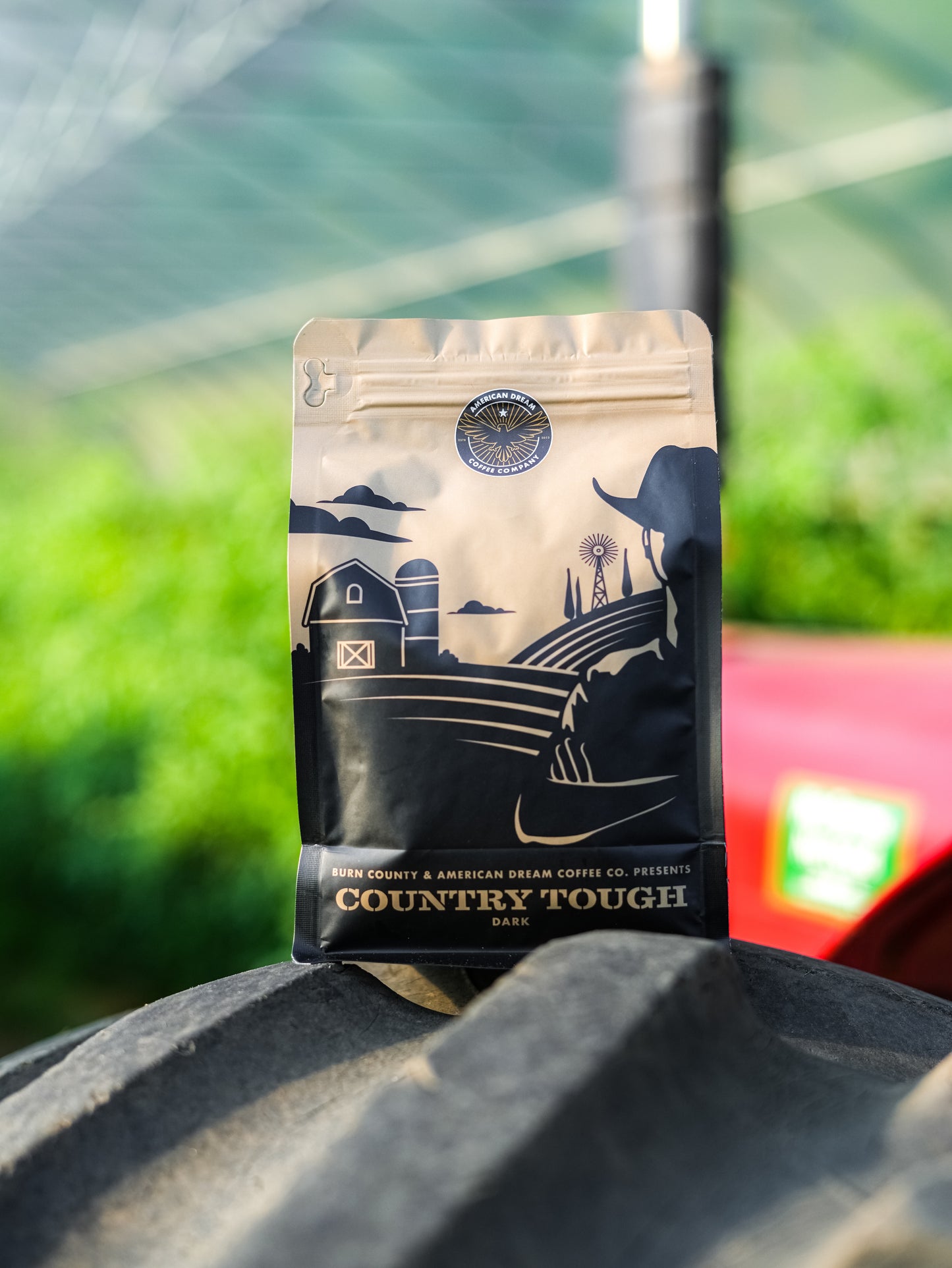

UGANDA
“Bugisu,” around Mt. Elgon, can refer to a geographical region, a tribe, colonial politics, coffee, and even a soccer team. The title belongs to the Bugisu tribe, native to the mountain’s northwestern districts and who, during the final years of British colonialism, became entwined with agricultural politics through the formation of Uganda’s strongest coffee cooperative union. The Bugisu Cooperative Union was officially formed in 1954 after decades of struggle with British and European authority over control of the coffee on Mt. Elgon—considered Uganda’s best by far. During the first decades following formation, the union helped to mobilize and market the coffees from northwestern Mt. Elgon and was considered a strong source of unity for the Bugisu people as well as an economic empowerment engine for the greater native region. From the mid-50s to the mid-90s, as production increased, “Bugisu” became synonymous with top quality coffee from Uganda. Since the wane of cooperative unions nationwide during the 1990s, “Bugisu” has remained a prideful mark of smallholder coffee from the western slope of Mt. Elgon. Kawacom, one of Uganda’s top exporters, invests heavily in the potential of this area and keeps the Bugisu history alive in their profiles. Kawacom has long managed a multi-pronged quality operation focused in this area, referred to as the Sipi Falls Coffee Project. The project includes a centralized wet mill that buys cherry directly from local farms (which we also carry, under the name “Sipi Falls”), as well as traceable purchasing of home-processed parchment coffee from thousands of smallholders across the Kapchorwa, Bulambuli and Kween districts on Mt. Elgon.

Experience the best damn coffee in America 
Our Reviews
What people are saying about us?









